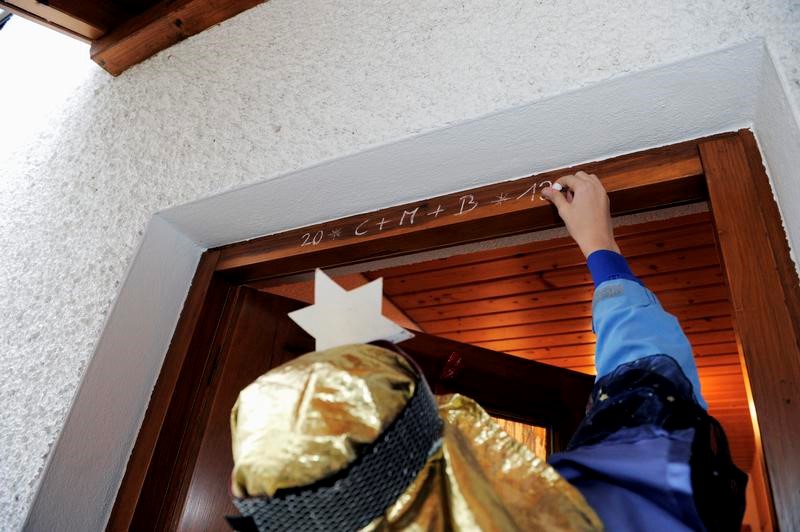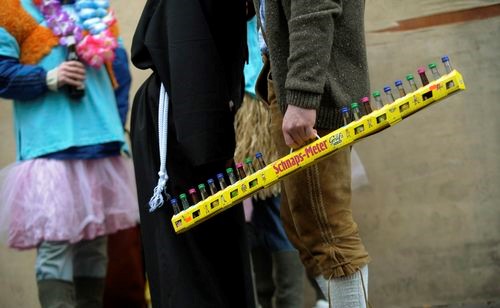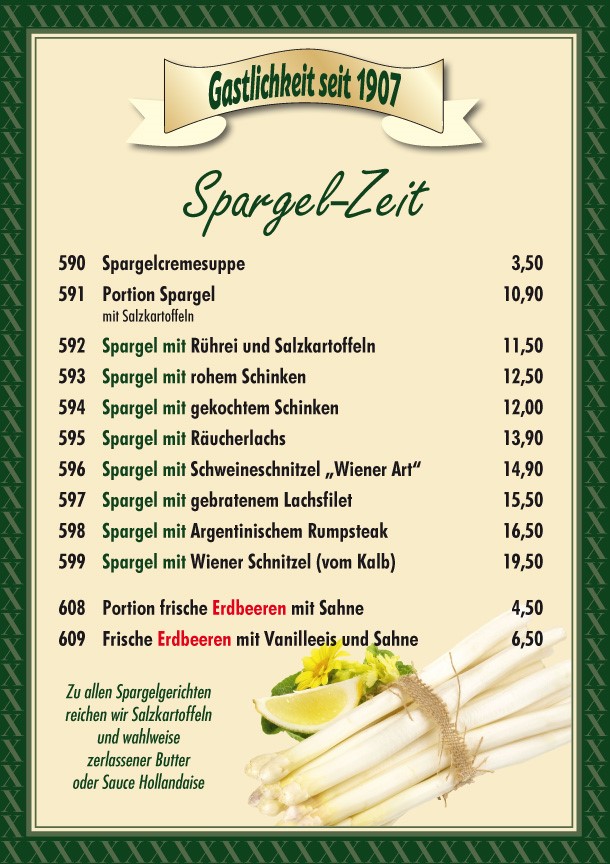Knowing about awareness days and events are crucial to a successful international PR campaign. Every country has its own history and therefore its own calendar. As a multilingual search agency, our native speakers ensure that we make the most of those opportunities. The following is an overview of the public holidays and events that get celebrated (and therefore get media attention) every year in Germany.
January:
- January 6th is a bank holiday called Epiphany where shops and offices are closed. Around this time, carolers, usually children, knock on doors dressed as the three kings Caspar, Melchior and Balthazar (no, Mark Wahlberg isn’t one of them, unfortunately). They then bless your home in the New Year by writing their initials and the year on your door frame in chalk.

- The concept of Blue Monday is not known in Germany. In fact, the translation ‘Blauer Montag’ is a false friend: traditionally it is a Monday that you call in sick (‘blau machen’ in German means to pull a sickie).
February:
- Some parts of Germany declare a state of exception in February and March (precisely 47 days before Easter Sunday every year). Fasching (Carnival) is a time where women cut their bosses’ ties, the street of cities like Cologne, Dusseldorf und Mainz get transformed into parades and more children are conceived than at any other time of the year.

- Many Germans dedicate part of their February to the Frühjahrsputz (Spring cleaning)
March:
- Easter: Good Friday is serious business in Germany. All shops are shut without exception and clubs or any other localities that might play music or allow people to have fun need to close by midnight on the Thursday before Good Friday.
(In some years this falls into April)
- March 21st marks the beginning of Spring, a good time to release beauty, diet and general wellness campaigns.
April:
- The 1st of the month marks April fools. The concept of April showers also exists in
 Germany.
Germany. - Start of Spargelzeit (asparagus season). Not even strawberry season is taken as seriously as asparagus season. This is serious business: any half respected restaurant must change their menu to dedicate at least one page to asparagus dishes. The same goes for recipe sites and foodies in general. We’re talking the white variety that grows underground, must be handpicked and goes best with hollandaise sauce.
- On 23rd of April another food-related day is celebrated: German beer day. German beer is different from other beers in the world as it is brewed under a law, the German Beer Purity Law (Reinheitsgebot). According to this, beer brewed in Germany can only contain four ingredients: water, barley, hops and yeast.
- Walpurgisnacht on 30th of April traditionally was all about repelling witches but nowadays it’s an urban celebration to dance into May.
May:
- 1st of May: International Workers’ Day/May Day. These days more infamously known for right-wing parades and counter-parades than for worshiping workers.
- Start of the ‘Freibadsaison’ (lido-season). Most towns have their own outdoor swimming pool and most of these open from May through to September.
- Mother’s Day is celebrated on the 2nd Sunday in May
June:
- The official start of summer also kicks off the ice cream season which in turn starts the wasp-season and plenty of potential for stories around suntan lotion, insect repellent and vaccinations for tick bites.
- Feast of the Ascension, better known as Father’s Day is celebrated on the 40th day after Easter (so falls into May in some years). This is an excuse for fathers (or men generally) to go for a walk with a handcart full of beer.
- Bonfires are lit to celebrate Summer Solstice on the 21st of June and young villagers traditionally jump over the fire.
July:
- When it comes to having a barbecue, the Germans are just as keen as the Australians. July is the peak season, but there are trends like Wintergrillen to enjoy the barbecued Bratwurst all year round. But not without spoilers, stories about cancer-causing carcinogens known as PAHs and HCAs appear in the news every summer.
August:
- 1st of August: We’ve covered the German beer day, now it’s summer we also celebrate the ‘International Beer Day’
- Another interesting concept is that of the ‘Sommerloch’ (Silly season). During the hottest month of August, sportspeople as well as politicians are on holiday. The media is desperate for news which not only helped bring Loch Ness’ Nessy, but also ‘problem bear Bruno‘ and ‘caiman Sammy’to fame.
September:
- The 6th of September marks Coffee Day. With coffee being the only other accepted beverage aside from beer in Germany, it’s a day to put into your PR calendar.
- Oktoberfest: Might be misleading, but the world famous Oktoberfest in Munich starts on the first Saturday after the 15th of September and ends on the first Sunday in October. From outrageous beer prices to scandalous hotel prices, from Oktoberfest victims to Oktoberfest superstars, the potential for stories is immense.
October:
- German Unity Day, celebrated on the 3rd of October as a public holiday, commemorates the anniversary of German reunification in 1990. Still fresh in people’s memory, it usually sparks debates about Germany’s recent history.
November:
- St. Martin is celebrated on the 11th of November. Kids learn about the altruistic virtue of the Saint, while adults look forward to their Martinsgans, a roast goose that is traditionally served as a family meal around that time.
- With the night being longer and the weather being colder, voices start to whisper about the ‘Winter Depression’ and how to fight it.
December:
- St. Nikolaus is celebrated especially by catholic families on the 6th of December with dads dressing up as St Nikolaus and children praised or scolded for their behaviour.
- Similarly to the UK, Christmas is the biggest event in the German calendar. The main day is Christmas Eve (Heiliger Abend) and presents get exchanged in the evening of that day.
- New Year’s Eve is a big celebration in Germany with tons of firecrackers and rockets, traditional lead-pouring and Dinner for one, a British comedy sketch that nobody knows of in the UK but everybody loves in Germany.


